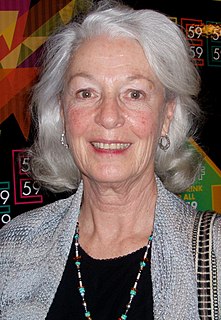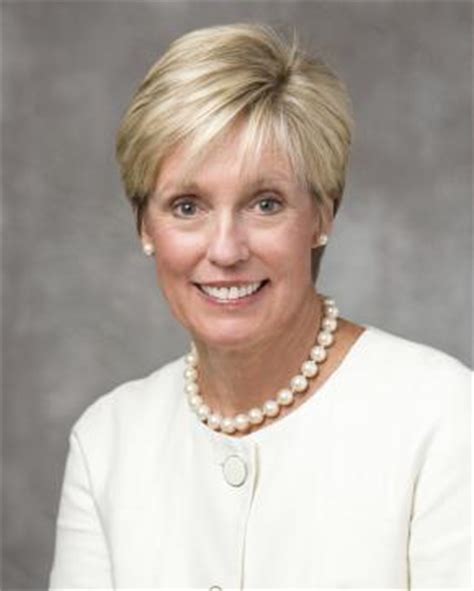A Quote by Jackie French
There is still in many schools complete misapprehension that children with reading difficulties are stupid. It is so easy to teach a child that they're dumb. There needs to be a recognition that you need different ways to teach children who have got reading problems.
Related Quotes
When we teach a child to sing or play the flute, we teach her how to listen. When we teach her to draw, we teach her to see. When we teach a child to dance, we teach him about his body and about space, and when he acts on a stage, he learns about character and motivation. When we teach a child design, we reveal the geometry of the world. When we teach children about the folk and traditional arts and the great masterpieces of the world, we teach them to celebrate their roots and find their own place in history.
While I was writing the book, one of my children was diagnosed with dyslexia. Dyslexia is a very tiny word for a wide-ranging neurological condition that affects different people in different ways. But I was reading an awful lot about it, to try and find ways of helping my child. I think a lot of fiction comes from this desire to confront unanswerable questions, and it's heartbreaking to see your child, a bright child, struggling so much with something that others are finding so easy. It's such an assault to the child's self-esteem and, as a mother, it's hard to watch.
Kids not only need to read a lot but they need lots of books they can read right at their fingertips.They also need access to books that entice them, attract them to reading. Schools...can make it easy and unrisky for children to take books home for the evening or weekend by worrying less about losing books to children and more about losing children to illiteracy.
The world will teach our children if we do not, and children are capable of learning all the world will teach them at a very young age. What we want them to know five years from now needs to be part of our conversation with them today. Teach them in every circumstance; let every dilemma, every consequence, every trial that they may face provide an opportunity to teach them how to hold on to gospel truths.
Many schools desperately need caring professionals like guidance counselors and social workers to ensure students' emotional, social and educational needs are met. But proposals to arm teachers are irresponsible and dangerous. The role of educators is to teach and nurture our children, not to be armed guards.
I like reading books about kids where there weren't really many adults, where they didn't need an adult to come and solve the problems for them. They could use their own ingenuity, use their own talents to solve whatever the issue was. And I like that still. I think that children want to read about heroic children. They don't want to read about children that have to be saved all the time.
We teach children to save their money. As an attempt to counteract thoughtless and selfish expenditure, that has value. But it is not positive; it does not lead the child into the safe and useful avenues of self-expression or self-expenditure. To teach a child to invest and use is better than to teach him to save.
Young children learn in a different manner from that of older children and adults, yet we can teach them many things if we adapt our materials and mode of instruction to their level of ability. But we miseducate young children when we assume that their learning abilities are comparable to those of older children and that they can be taught with materials and with the same instructional procedures appropriate to school-age children.


































